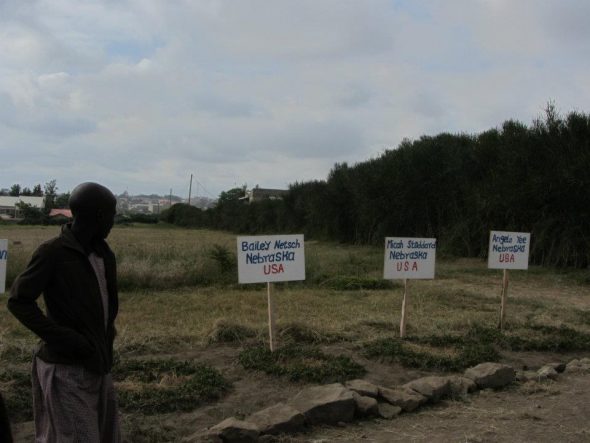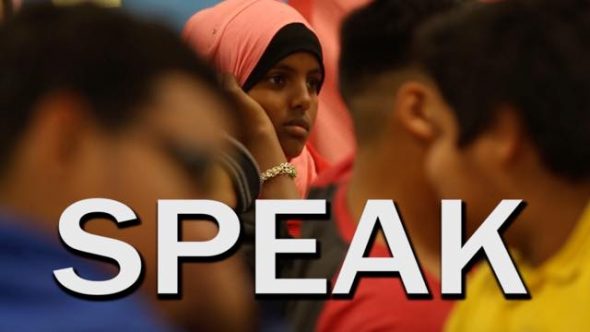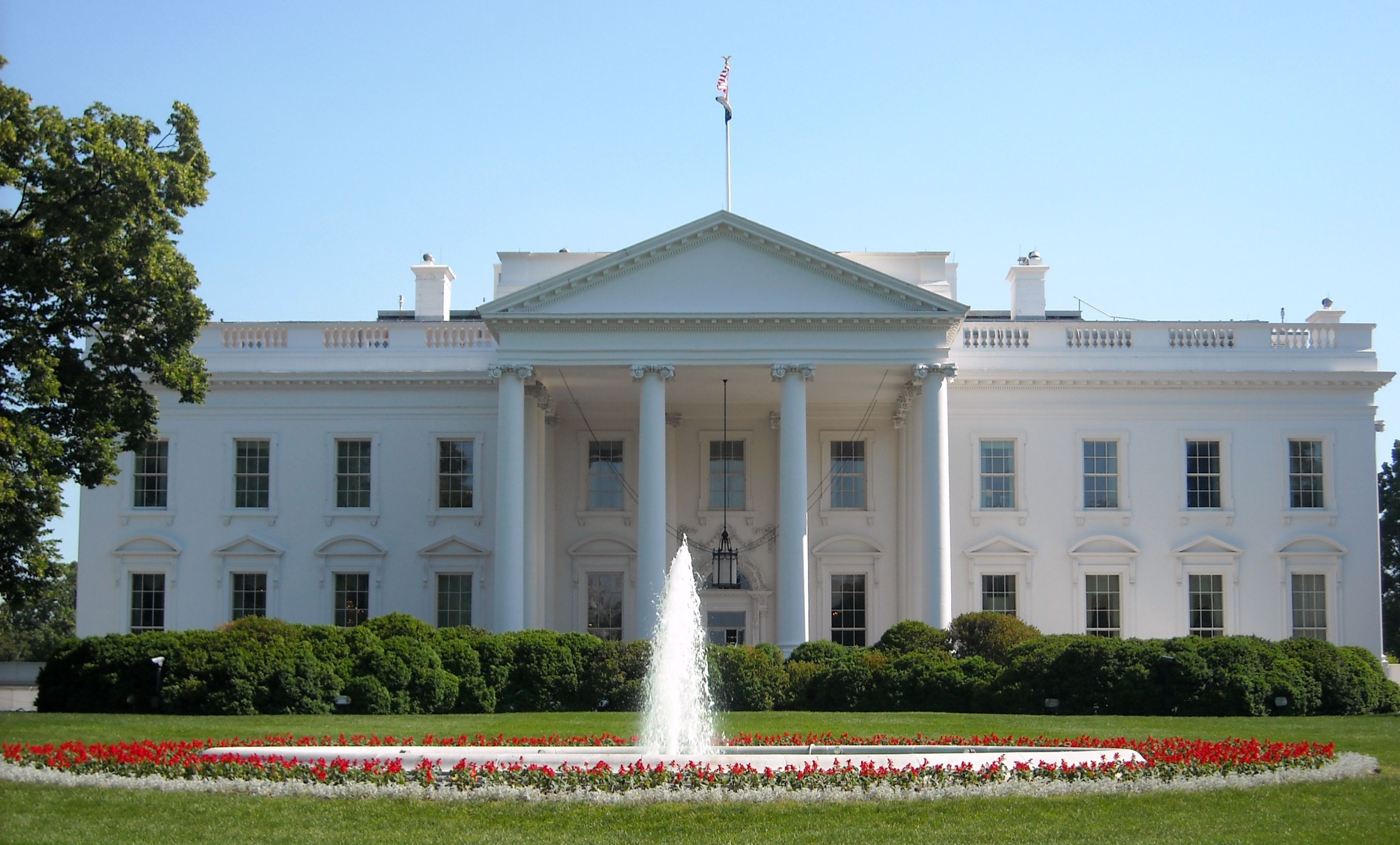
Thinking of myself in a global manner is new and exciting. But, after a few moments of thought, I find myself actually getting scared. How am I supposed to brand myself globally if I don’t even have a national brand? A local brand? A personal brand? I know what I cherish in life, but I’ve never sat down and thought: if my mind were a business, what would my product and brand be?
Self-reflection is hard to come by. How many times during the day do I reflect on what I’m actually doing? Very few times, if any at all. I do my homework and readings, take detailed notes, and trust me, I grasp the points. I am doing way more than the minimum, I am still thriving, but have I completely finished my task?
But with self-reflection, I also have to ask myself, “how do these points affect my life? My way of thinking?” Very often people, including myself, don’t get that far in the thought process. Processing information starts broad, then narrows down until it is at the single unit; the self.
I believe my brand should revolve around the most fundamental part of my mind. When I process information and events, what is the last thing I think about before discarding that topic and moving on to the next?
I am a very emotional human being. I have been since I was a child. Every action and reaction affected me in some way, and I was always asking my mom “why did he/she do this?” or “why did they do it that way?” I was, and still am, looking to understand how my mind works differently than others. I grasp for knowledge and understanding of other people around me. I believe that is a primitive purpose of a journalist: we grasp knowledge and understanding of a person or topic and then share it with others who are trying to do the same thing.
But everyone’s minds work differently, that is why we disagree with people or don’t like the particular voice of some journalists on air or in print. So what makes my mind, my brand, unique?
Discovering a global brand is particularly important in my case, for I hope to be a foreign correspondent in the Middle East and Africa. My work will therefore be global, so a global understanding is necessary on my part. Can the way people view my work in Nairobi, Baghdad, Jerusalem, and New York all be the same?
The short answer is No. Not everyone is a global citizen (although they should strive to be), so a socialite in Manhattan will probably not have the same outlook on my story as someone who lives in the deserted lands of Somalia.
But the one thing these people and I have in common is humanity.
Remember when I said I was a very emotional person? Well, everyone is to some extent. I want to use my emotion and my humanity to spread my work around the globe.
Volunteering and philanthropic work has been important to my life since…well, forever. I cannot remember a time that it wasn’t. It truly is the only thing that makes me happy. The smile on someone else’s face because of something I did makes my world spin. I’m an extremely fortunate person and have lived a wonderful life thanks to my parents, and I’ve always felt a deep need to give back. I’m not saying this to sound like Mother Teresa (who is one of my heroes), because I am definitely nothing like her.
Volunteering is just part of my life—it has to be. It keeps me going.
When I first came to The Walter Cronkite School, I began to detach my academic life from my volunteering life. It began to occur to me that my personal activities as an advocate for people in my communities could be perceived a bias. And heaven forbid a journalist is anything but objective!
I followed this rule for a good two years. It changed when I interviewed for a journalism scholarship, and of all the things on my resume, the interviewers asked me about my 300+ hours of community service. They told me, “that is why you are here. You stood out because of that.”
Well, I got that scholarship. And it’s been renewed for another year. (Thank you Art Brooks at ABA for the encouragement.)
As junior year started, I realized my unique mindset could help me find stories and tell them in a way that touches the hearts of people like me, but also opens up doors for people who don’t think like me.
I found a deep love and commitment to the Somali people of Phoenix while volunteering at their center, and in the Fall semester, I decided to make a story out of it. I don’t believe this is bias; I am simply using my resources and reporting on what I know.
What developed was a documentary on two Somali children in the Phoenix school system. A documentary that made me and others laugh at some points, shake our heads at others, and then cry during others. I won two awards for my piece. That was the icing on the cake—I can use my love for volunteering to tell stories as a journalist that I really care about.

I won’t ever hide my desire to volunteer from my readers. I will now proudly talk about how volunteering has shaped my stories. I won’t be pompous about what I have achieved, but only reflect on what I have learned.
I want my global personal brand to be emotional and full of aid. I want people to read/view my stories and think, “wow, that really helped someone” or “wow, I’m glad I learned about that.” I want others to feel safe telling me how an event occurred, their stories, or about their lives. I want them to know I care.
You may say to me, well Bailey, you have a bias. You will be spreading your beliefs to your reader and you aren’t supposed to do that. Well, my response is: Is it so bad if it spreads understanding and acceptance? Objectivity isn’t real—being accurate and truthful is, though. I will be accurate in how I tell powerful stories, but I will not hide my emotion.
I hope that the socialite in Manhattan can feel a little more connected to the city dweller in Mogadishu after interacting with my stories.
And I also hope they won’t be surprised to see me spending all my extra time volunteering for stories I fall deeply in love with.


